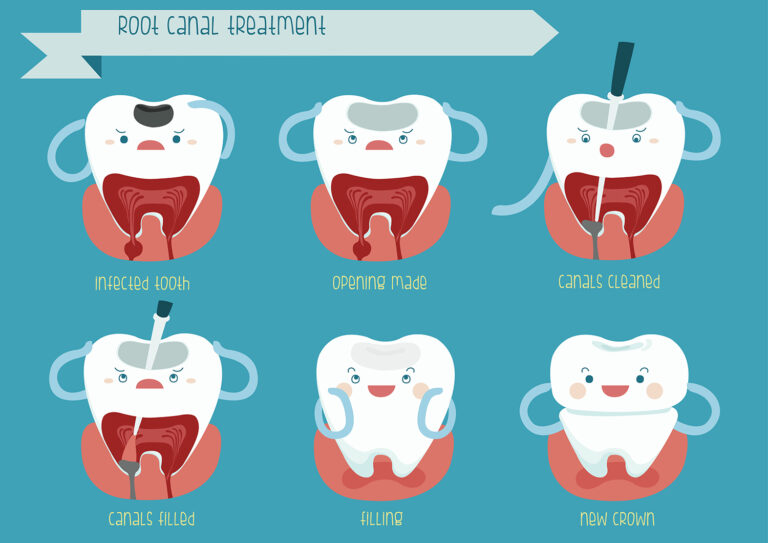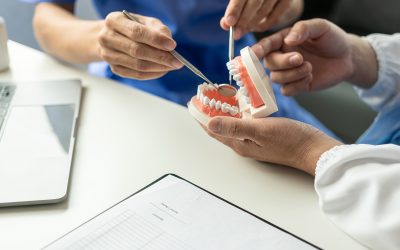Root Canal
Root Canals
Root Canals
Root Canal services offered in The Museum District, Houston, TX
Rumors have given root canals an unfavorable reputation, but you don’t have to be afraid of this tooth-saving procedure. At Anna M. Munné, DDS, PA & ASSOCIATES in Houston, Texas, Anna M. Munné, MD, DDS, MS, offers modernized techniques for root canal procedures to restore your problematic tooth with minimal discomfort. To book an evaluation of your oral health, or to have your damaged tooth evaluated, call or use the online scheduler today.

























Root Canals Q&A
How does a root canal work?
A root canal is a dental procedure that repairs your decayed, infected, or injured tooth or teeth. To perform your root canal, Dr. Munné removes the infected dental pulp, which is made of nerves and tissues. Next, she fills the area with a special rubber-like material called gutta-percha and seals the tooth.
A root canal leaves you with a healthy tooth that stays strong long-term with proper care.
When is a root canal necessary?
When you have a dental pulp infection in the early stages, you don’t always know about it. That’s why routine dental appointments are necessary for catching issues before they become serious problems.
You may need a root canal if you have the following symptoms:
- Severe toothache
- Pain when your tooth is exposed to hot or cold
- Swollen, tender gums
- Dark, discolored teeth
- Pimple-like bump on your gums
If you have any of these signs, schedule an appointment at Anna M. Munné, DDS, PA & ASSOCIATES, right away. A quick response gives you a good chance of saving your tooth.
Does it hurt to have a root canal?
Root canals have come a long way. Patients find that using modern technology makes getting a root canal not much different than getting a dental filling.
Dr. Munné provides local anesthesia during your procedure and can prescribe pain medication if you have discomfort in the days following.
The infection that causes the need for a root canal is far worse than the actual procedure. Avoiding a root canal can intensify your infection and pain, and you can also lose the chance of saving your tooth.
Can I choose other options besides a root canal?
If you want to save your tooth, a root canal is your best option. Though Dr. Munné offers a range of effective restorations, like crowns and bridges, they don’t fully substitute for a healthy, natural tooth.
If you choose to have an extraction, a missing tooth can affect your speech, your ability to chew food, and the positioning of your other teeth.
The Anna M. Munné, DDS, PA & ASSOCIATES team recommends daily brushing and flossing and routine dental cleanings about every six months. These practices can help maintain the health of your natural tooth after a root canal.
To learn more about saving your infected tooth or relieving your pain, book an appointment today over the phone or online.
